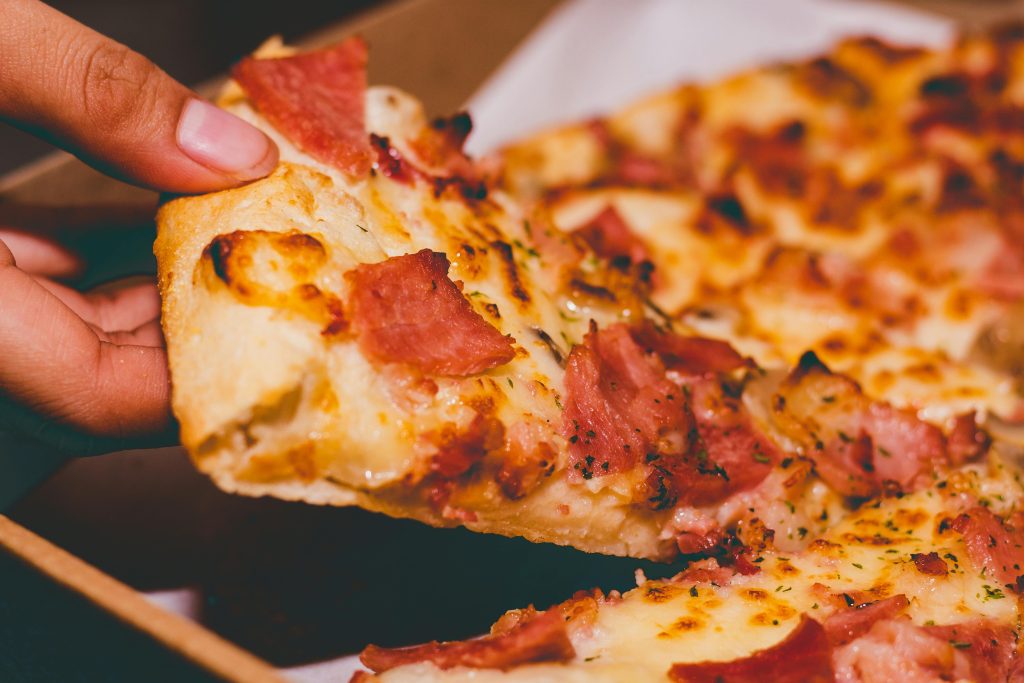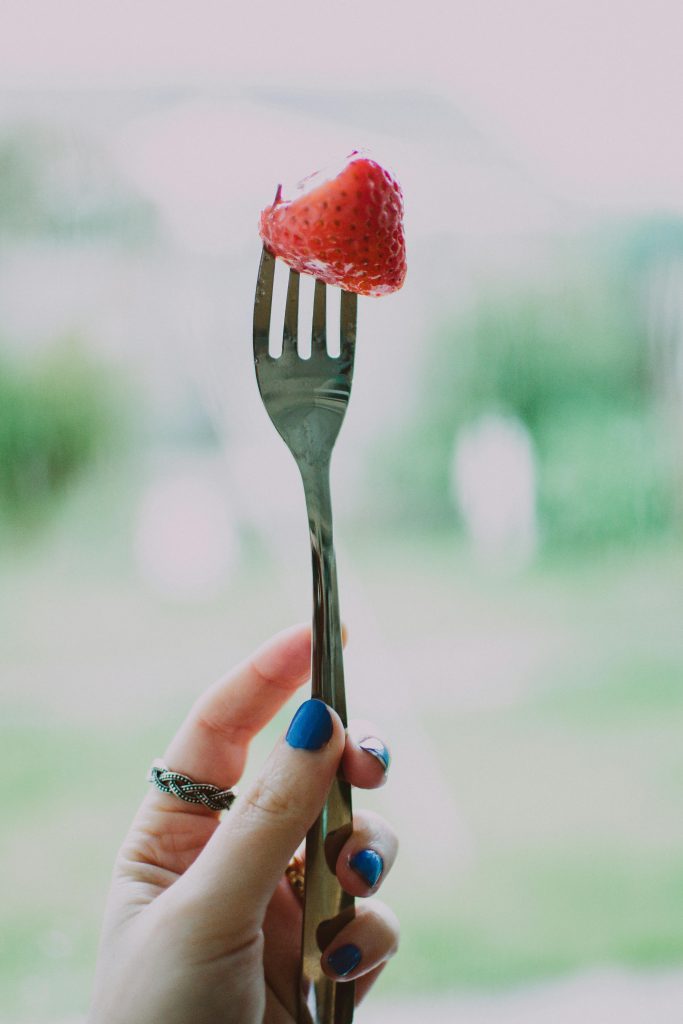I Ate Salad for Lunch and Now I Deserve a Pizza
Let’s face it: salads have a reputation problem. They’re the vegetable equivalent of that person who’s so healthy and responsible, you feel vaguely guilty just looking at them. You know, like the person who brings a yoga mat to work “just in case” and sips kombucha while telling you how good they feel “detoxing” from coffee. Meanwhile, you’re clutching your fourth cup of caffeine and trying to decide whether it’s socially acceptable to lie down under your desk.
So, after enduring a lunch of leafy greens, maybe some sad little tomatoes, and a sprinkle of balsamic, the idea that you now deserve a pizza feels like a spiritual truth. A reward from the universe for enduring something so virtuous and green. But let’s unpack this common (and delicious) misconception—what I like to call the “Balance Myth.”
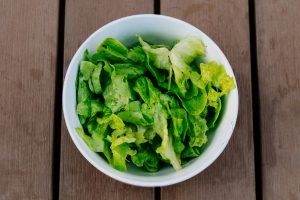
The Salad Struggle Is Real
First off, salads are hard work. They require chopping, slicing, dicing, and sometimes even spiralizing (is there a law that says zucchini must now be in noodle form to be edible?). You try to convince yourself that this effort is somehow therapeutic, like you’re some sort of culinary artist who’s mastering the perfect avocado fan. Spoiler alert: you’re not. You’re a tired person desperately hoping that throwing some kale in a bowl will make you feel like you have your life together.
And then there’s the eating part. Salads are the kind of meal that tricks you into thinking you’re full—until about 45 minutes later when your stomach starts growling like it’s auditioning for a nature documentary. You’ve just consumed a bowl the size of your head, yet somehow, it feels like you ate a handful of air and a half-hearted crouton.
But hey, you powered through. You made good choices. You didn’t order the greasy burger or carb-heavy pasta. You ate leaves for lunch like a responsible adult, and now, by the logic of the Balance Myth, you’ve earned yourself something… better. Something bigger. Something cheesier.
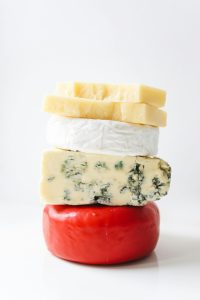
Pizza: The Hero of the Story
Enter pizza. The real protagonist of our narrative. After the self-congratulatory high of eating a salad, pizza feels like the prize at the end of a marathon—only you didn’t run a marathon; you just made it through 30 minutes of staring down some raw veggies. But, according to the Balance Myth, it counts the same, right?
You imagine the hot, bubbly cheese, the crispy crust, and the unapologetic layers of pepperoni. Each bite promises to undo the suffering caused by that 85% water-based lunch. The best part? You convince yourself that this is all part of a healthy balance. You ate a salad, so now, it’s like a law of nature that you should neutralize that with something indulgent. It’s like yin and yang, but with more carbs.
Here’s the thing, though: this “balance” logic is what trips us up. The concept of eating healthy during one meal so you can splurge on the next is less balance and more food accounting. It’s like balancing your diet checkbook: “Oh, I’ve got a surplus of veggies here, so let’s cash that in for a pizza.”
But this isn’t how balance—or pizza—works.
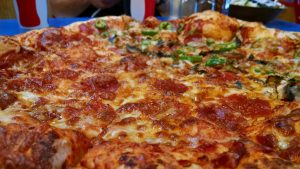
Salad ≠ Pizza Voucher
Now, if you take a step back, the whole salad-to-pizza justification starts to fall apart. You wouldn’t eat a donut for breakfast and then justify eating a head of lettuce for dinner to “balance” it out, right? Actually… wait, don’t answer that.
In all seriousness, the idea of deserving unhealthy food as a reward for eating healthy perpetuates the kind of eating cycle that nutritionists give serious side-eye to. It turns food into a moral transaction, where veggies are “good” and pizza is “bad,” but it’s okay because you earned it, like you’re on some kind of dietary game show. If salads were really so rewarding, why do we feel the need to compensate for them with pizza? Shouldn’t their vitamin-rich, Instagram-worthy aesthetic be enough?
But alas, salads don’t come with the instant satisfaction that a pizza does. Sure, they’re full of micronutrients, fiber, and things that keep your heart from throwing up a white flag in surrender. But they’re not indulgent, and they rarely leave you saying, “Wow, that arugula really hit the spot.”
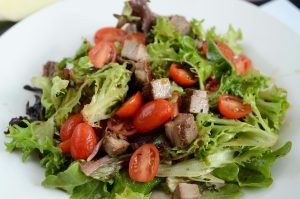
The Balance Myth: Why We Do It
So, why do we keep falling for the Balance Myth? Why do we eat a salad for lunch and think that somehow grants us permission to eat half a pizza at dinner without guilt?
First off, there’s the psychological reward system. When you eat something you perceive as “good” or “healthy,” you feel entitled to a reward. It’s the adult version of getting a gold star for your good behavior. You ate spinach today? Go ahead and reward yourself with a molten cheese creation that’s bigger than your head. It’s like you think your body operates on a moral points system, and you’ve just earned enough credits to splurge on something greasy.
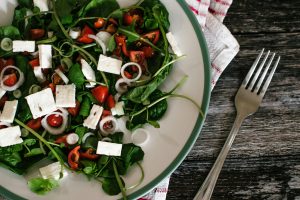
Second, we’re conditioned to believe in this false sense of balance. Diet culture feeds us this notion that we can outsmart our bodies by swinging from extreme healthiness to extreme indulgence without consequence. It’s how you end up ordering a small kale smoothie and a side of fries—because in some twisted logic, they cancel each other out. Spoiler alert: they don’t.
But perhaps the biggest reason we buy into the Balance Myth is that it feels good. It gives us permission to have our cake and eat it too (and by cake, I mean pizza, obviously). It lets us feel virtuous without actually making a significant lifestyle change. After all, the salad was healthy—so surely that compensates for the pizza, right?
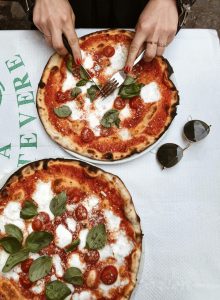
Breaking Free from the Salad-Pizza Cycle
Now, let me be clear: I’m not anti-salad, nor am I anti-pizza (I’d be a monster if I were). What I’m against is the idea that eating one automatically entitles you to the other. It’s the Balance Myth that traps us in this never-ending cycle of “good” and “bad” eating, when really, food doesn’t need to have moral value. It’s not a prize or punishment—it’s just fuel (even if it is sometimes deliciously cheesy fuel).
To break free from the myth, we need to stop thinking of food as a reward system and more like a spectrum of choices. Some choices are more nutritious, others are more indulgent, but they’re all just choices. A salad doesn’t make you a saint, and pizza doesn’t make you a sinner.

The Real Balance
Real balance isn’t about playing the food stock market, trading healthy meals for indulgent ones like a diet broker. It’s about being mindful of how different foods make you feel. Sometimes, you genuinely crave a salad. Sometimes, you really need a pizza. Both of those are valid feelings. Both can exist in a diet that’s balanced over the long term, not just between lunch and dinner.
If you’re eating vegetables consistently, moving your body, staying hydrated, and enjoying the occasional indulgence without guilt, then you’re probably doing just fine. It doesn’t have to be a constant ledger of health versus indulgence.
So next time you find yourself eating a salad for lunch and eyeing a pizza for dinner, pause. Ask yourself: Am I eating this pizza because I really want it, or because I feel like I’ve earned it? If the answer is the former, enjoy every slice. If it’s the latter, consider that maybe a salad isn’t a sacrifice in need of compensation. Maybe it’s just… a salad. And pizza is just pizza.
But hey, if you still feel like you deserve that pizza after your salad lunch, go ahead and have it. Just remember, you don’t have to justify it. Life’s too short for food guilt. Enjoy your pizza like you enjoyed that salad—with zero regrets and full satisfaction.
And maybe, just maybe, we can break the cycle of salad martyrdom one slice at a time.
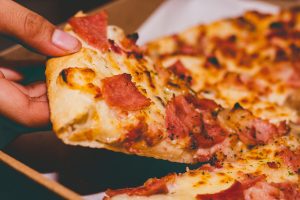
💬 Join the Bariradka Transformation Support group on Telegram!
Get exclusive tips, behind-the-scenes content, and chat directly with the author.
➤ Join the Community